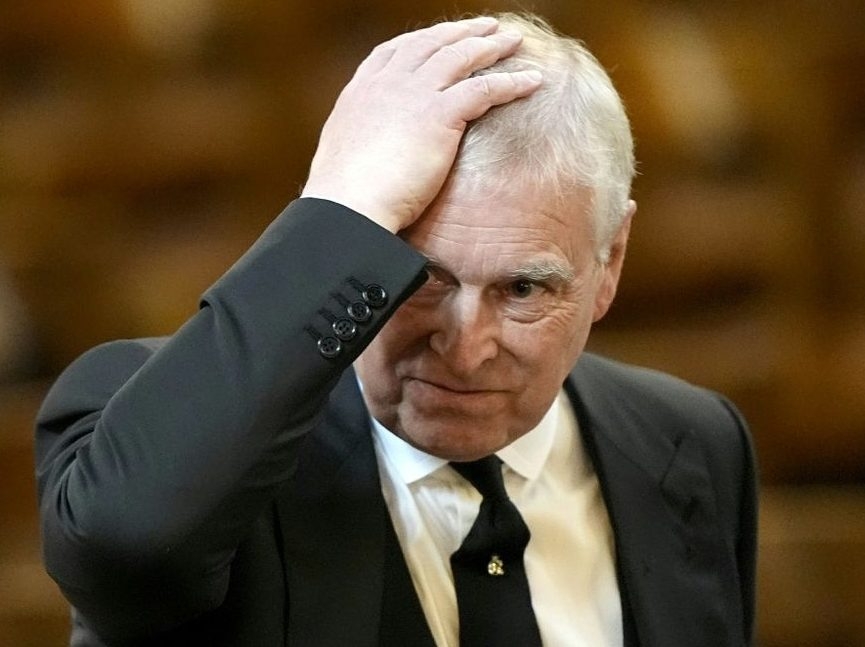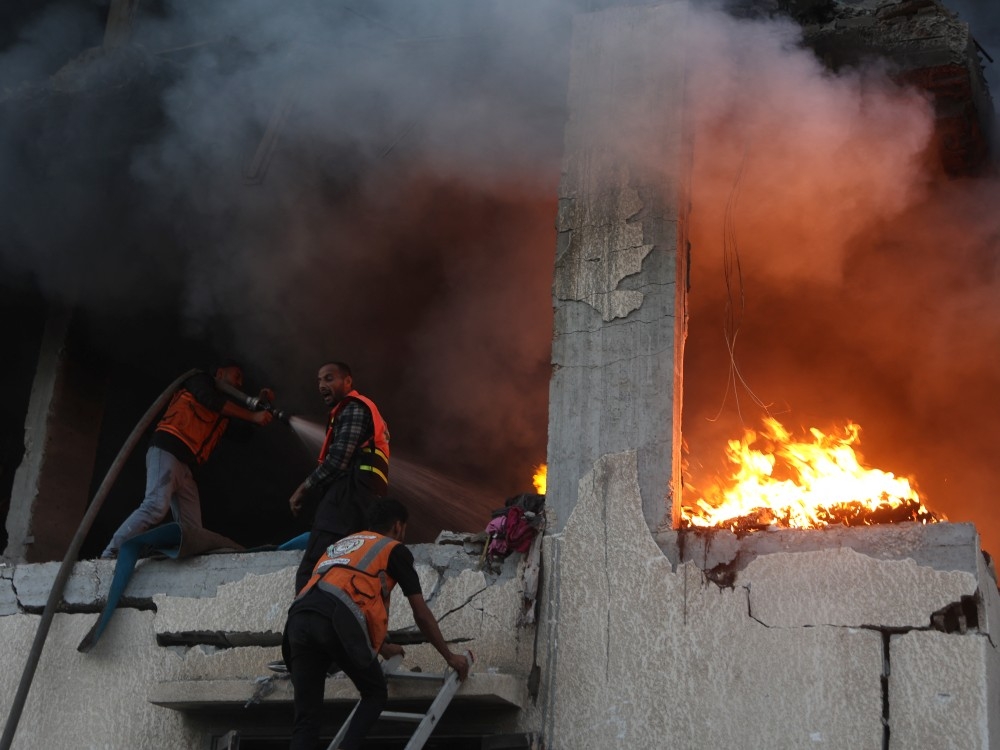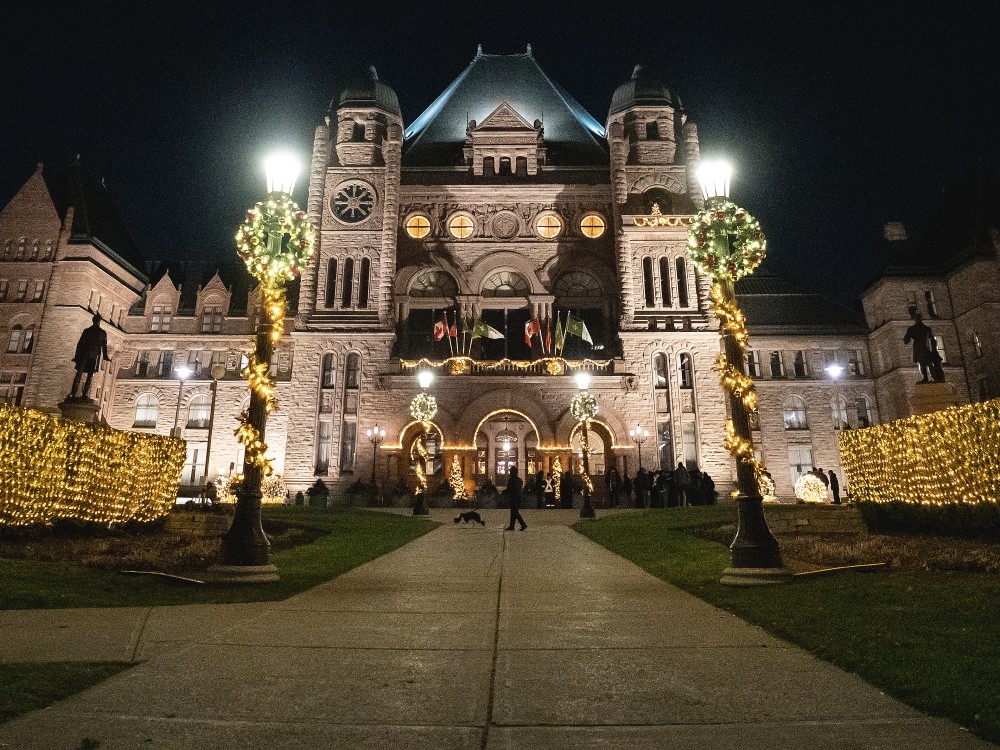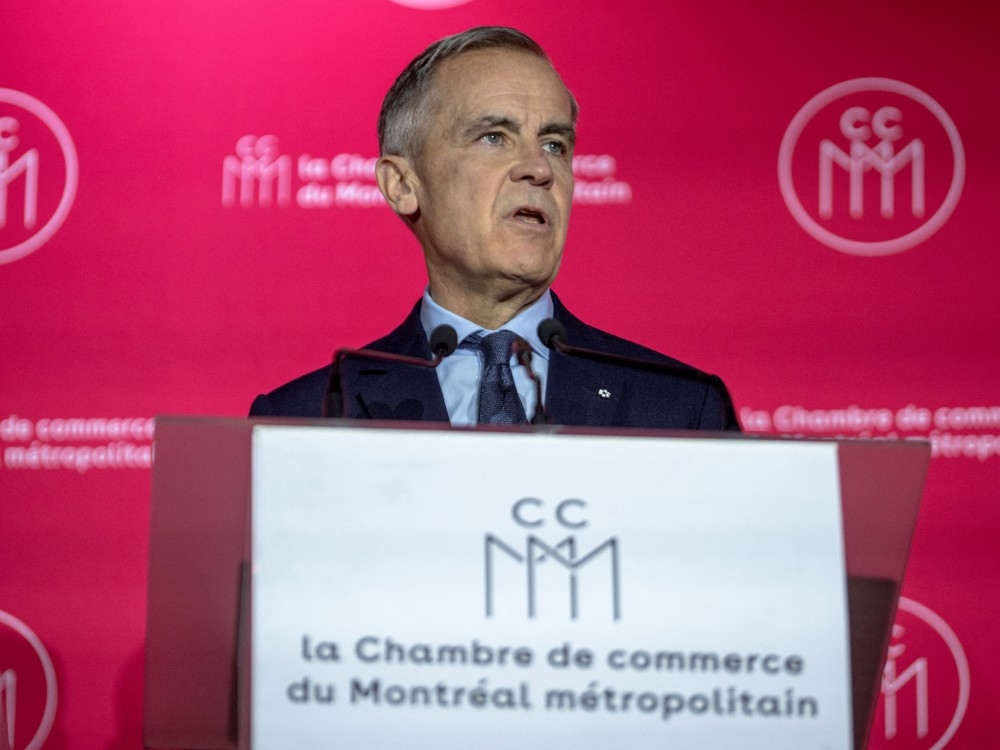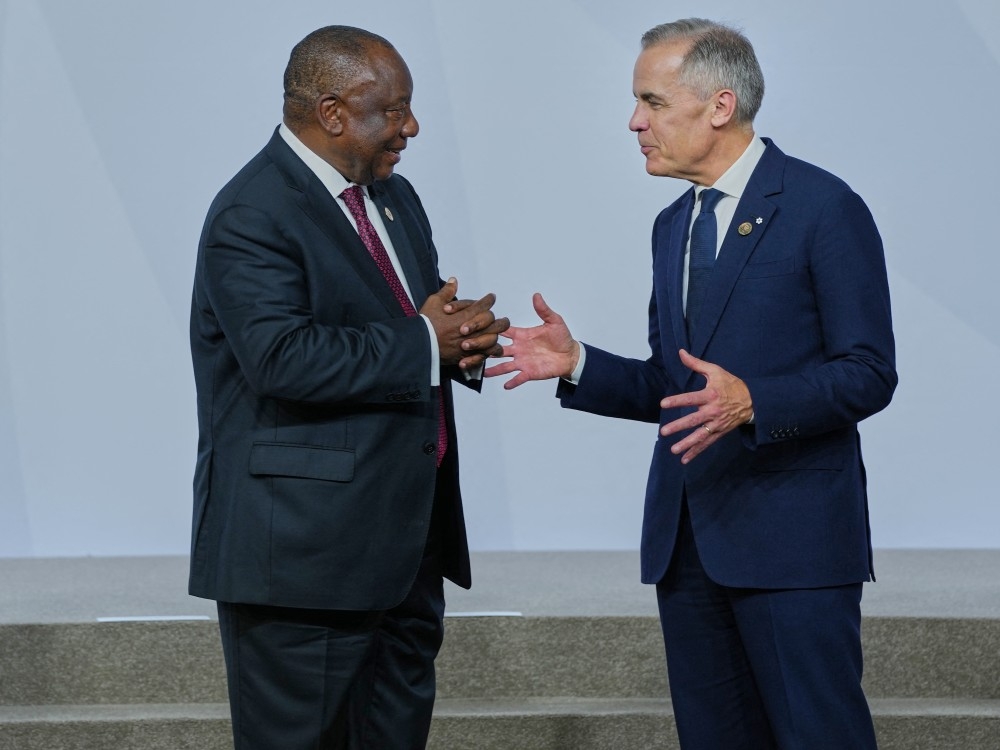A stunning turn of events unfolded in Brazil as former President Jair Bolsonaro was taken into custody Saturday, accused of plotting an escape to avoid a 27-year prison sentence. The arrest stems from his efforts to challenge the results of the 2022 election, a defeat to current President Luiz Inácio Lula da Silva that ignited a political firestorm.
The order for preemptive arrest came from Supreme Court Justice Alexandre de Moraes, who cited a violation of Bolsonaro’s ankle monitor at 12:08 a.m. Saturday. Bolsonaro, already under house arrest and deemed a flight risk, was swiftly moved to federal police headquarters in Brasília, a dramatic escalation in a deeply divisive case.
The timing of the arrest is critical. Just days before his scheduled imprisonment, a video surfaced featuring Bolsonaro’s son urging supporters to protest, a move Justice de Moraes interpreted as a deliberate attempt to create chaos and facilitate his father’s escape. The court feared a repeat of actions taken by other allies who fled the country to avoid justice.
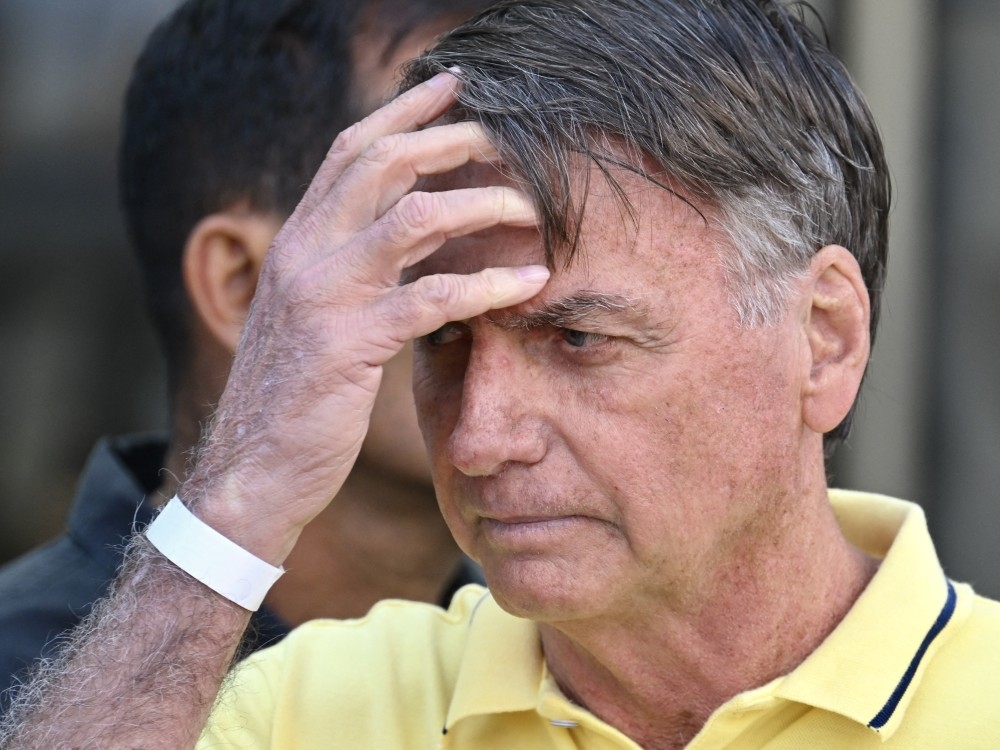
Concerns extended to the possibility of Bolsonaro seeking asylum at the U.S. embassy in Brasília, located a mere fifteen-minute drive from his residence. Evidence had already surfaced linking Bolsonaro to a political asylum request in Argentina, further fueling suspicions of a planned escape.
Justice de Moraes emphasized the arrest would be conducted with respect for Bolsonaro’s dignity, specifically prohibiting the use of handcuffs or media exposure. Despite this directive, the arrest represents a significant blow to the former president and his supporters.
The Supreme Court is scheduled to review de Moraes’ order Monday, following a 4-1 conviction in September that paved the way for Bolsonaro’s imprisonment. The charges against him are severe: attempting to overthrow Brazil’s democracy, leading an armed criminal organization, and plotting the violent abolition of the rule of law.
Bolsonaro’s defense team vehemently disputes the allegations, claiming the ankle monitor was functioning normally hours after the reported violation. They point to a quiet evening at home, with Bolsonaro taking medication and resting, dismissing any suggestion of escape preparations.
However, the court’s decision was unwavering, fueled by evidence of a coordinated effort to undermine the democratic process. Justice de Moraes condemned the actions as “pathetic illegal initiatives” and a threat to Brazil’s hard-won democratic institutions.
The arrest has ignited a firestorm of reactions. While supporters are rallying to his defense, vowing to stand by him, detractors are celebrating online, scheduling gatherings in major cities. The former first lady, Michelle Bolsonaro, expressed unwavering faith in “God’s justice,” lamenting the perceived failings of the human legal system.
Political analysts believe this move is strategically aimed at shaping the narrative ahead of the 2026 presidential election, even with Bolsonaro barred from running. The goal, they suggest, is to portray him as a martyr and galvanize his base, forcing his allies to forge a new path forward.
The case underscores the fragility of democracy and the lengths to which those who seek to undermine it will go. Brazil now faces the challenge of navigating a deeply polarized political landscape, with the specter of a coup attempt looming large.
Prosecutors allege the coup plot extended to plans targeting key figures, including President Lula, Vice President Geraldo Alckmin, and Justice de Moraes himself, revealing the dangerous escalation of political tensions.
